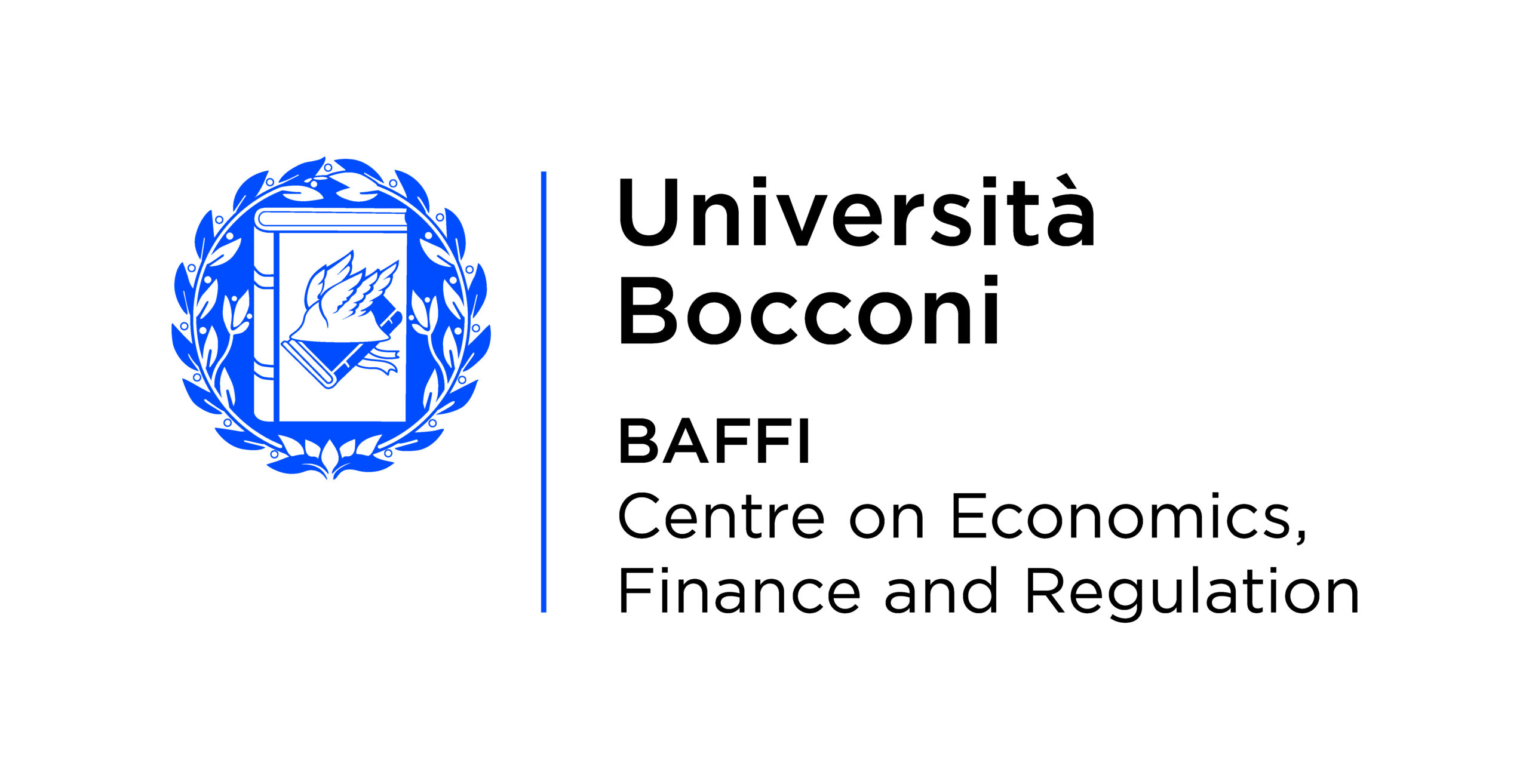

Webex
14:00-15:15 CET

Against the background of mounting geo-political tensions and structural weaknesses, the euro area economy is facing several challenges. High sovereign debt levels create vulnerabilities and limit fiscal policy scope. Ongoing monetary policy easing in response to a return of inflation towards target has yet to fully filter through to firms’ borrowing costs. The industrial and real estate sectors in several countries are in recession, affecting banks’ asset quality. While moderating somewhat from multi-year highs, banks’ profitability is set to remain above pre-covid levels, as reflected in robust capital and liquidity buffers. While private households’ consumption restraint puts a drag on growth, their increased saving bolsters financial resilience. Exuberance, concentration, and geopolitical uncertainty render financial markets vulnerable to sudden corrections and bouts of volatility. Non-bank portfolios may face valuation risks. A growing investment fund sector is prone to liquidity, leverage and concentration risks, entailing risks from fire sales for euro area bond markets. Macroprudential policies need to ensure resilience by further enhancing its tools and scope to better capture non-bank financial intermediaries.
This SUERF BAFFI Bocconi e-lecture offers an overview of key insights from the ECB’s November 2024 Financial Stability Review, commentaries by top experts, and the opportunity to actively interact with FSR authors and commentators.
The Financial Stability Review provides an overview of potential risks to financial stability in the euro area. It aims to promote awareness in the financial industry and among the public of euro area financial stability issues. It is published twice a year, with the next release provisionally set for 28 May 2025.
Presentation of the ECB Financial Stability Review - November 2024
John Fell, Deputy Director General, Macroprudential Policy & Financial Stability, ECB I SUERF Fellow presentation